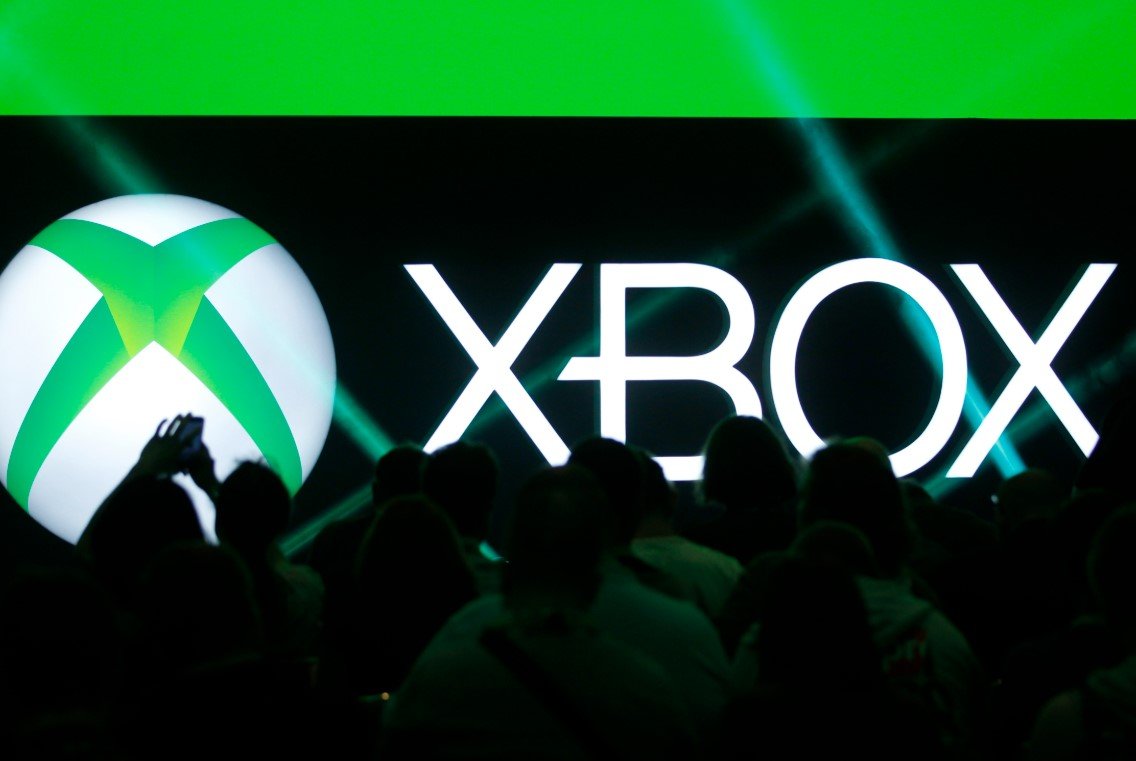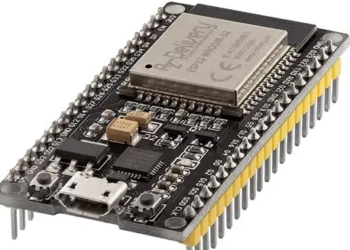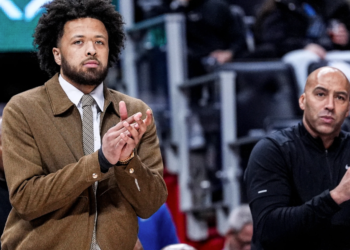Microsoft’s bold “This Is An Xbox” campaign is shaking up the gaming scene in unexpected ways. With a shift from exclusive hardware to a broader, cloud-driven lineup, the company is inviting everyone to experience Xbox like never before.
Broadening Horizons: Xbox Beyond Gaming Consoles
Microsoft’s bold new campaign is turning heads as it rethinks what an Xbox can actually be. In one sweeping statement, the tech giant is merging devices that many would never have linked to gaming—like smart TVs, mobile phones, VR headsets, and even voice-controlled smart speakers—into the Xbox identity, challenging old labels and creating a fresh narrative for gamers everywhere. This announcement has stirred debate, excitement, and even a bit of confusion among long-term fans, and it shows that Microsoft is ready to mix things up in a way that defies past expectations.
The shift marks a clear move away from an overreliance on first-party exclusives, instead opening up a platform that is as much about cloud gaming as it is about traditional console play.

The campaign’s approach is both daring and unconventional. It invites tech enthusiasts and casual gamers alike to see beyond the typical console, placing emphasis on a connected ecosystem that works across various devices. By bringing Xbox branding to everyday electronics, Microsoft is essentially saying that gaming isn’t confined to a box in the living room anymore. This strategy has been met with curiosity, and even a hint of skepticism, from industry insiders and fans who worry that the iconic identity of Xbox might get lost in the shuffle. Yet, many applaud the move for its inclusivity and potential to bring gaming to a wider audience, blurring the lines between device categories in a way that feels fresh and unexpected.
The implications for the industry are profound. Even titles once thought to be exclusive—like Indiana Jones and the Great Circle—are now set to cross over to this more fluid platform, signaling that classics such as Gears of War and Halo might soon find themselves at home on devices you’d never normally associate with gaming. This rebranding effort is stirring conversations across forums and social media, with some users noting that the familiar controller and UI experience remains intact even as the hardware diversity grows.
Fan Reactions and Market Shifts in Xbox’s New Era
Opinions among gamers are as varied as the devices now carrying the Xbox name.
Some long-time enthusiasts express both excitement and apprehension about what this means for the console experience. They wonder if the iconic feel of Xbox might get diluted when everyday gadgets start to wear the brand’s colors.
Key sentiments circulating in the community include:
- A hope for a more inclusive gaming experience that reaches beyond the traditional console setup.
- Appreciation for the move as a sign of progress in uniting different gaming formats under one banner.
- Concerns that the core identity of Xbox could be lost as the brand expands into non-traditional territories.
| Game Title | Expected Release | Platform | Notes |
|---|---|---|---|
| Indiana Jones and the Great Circle | Q3 2025 | Cross-device | First port under the new branding push |
| Gears of War (Classic Edition) | Q4 2025 | Cloud & Console | Rumored to refresh the classic experience |
| Halo: The Next Port | Early 2026 | Cloud, Console, PC | Expected to test the new cross-play setup |
A single tweet can sometimes sum up the mood perfectly.
Many fans are now watching for further announcements, eager to see how this rebranding will influence not only game releases but also the overall gaming culture. The buzz is palpable in online forums and social media, where users share anecdotes about their first experiences with Xbox and speculate about the future of game portability. It’s a period of lively debate, with opinions swinging from cautious optimism to outright enthusiasm for a future where gaming is less about hardware limitations and more about connectivity and shared experiences.
This shift isn’t just a rebranding exercise; it’s a calculated bet on the future of play. Microsoft’s strategy indicates that the company is ready to put more of its chips on cloud gaming and cross-device integration, a move that could set new standards in the industry. While some critics point to potential risks—like the dilution of a long-loved gaming identity—the overall market response appears to be warming up to the idea of a more fluid, accessible gaming experience.
Fans continue to discuss the implications in various online spaces, comparing notes on how the new approach might affect game performance, community dynamics, and even pricing models. A few users have even started a thread discussing how legacy titles might be updated for this new ecosystem, sparking further debate on whether classic titles can retain their charm when presented in a new light.
There’s a mix of cautious hope and unabashed excitement as gamers, developers, and industry watchers all keep a keen eye on upcoming releases and further clarifications from Microsoft. The shift hints at a future where the lines between devices blur, inviting more spontaneous play sessions regardless of where you are or what gadget you’re holding.
































